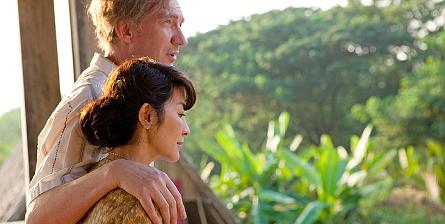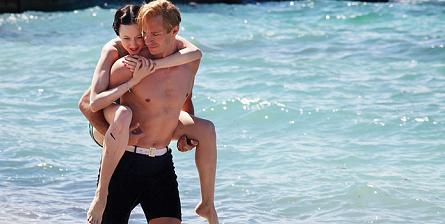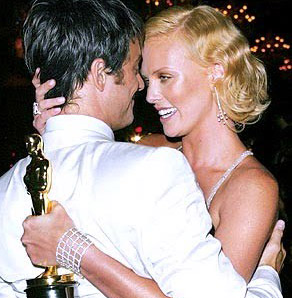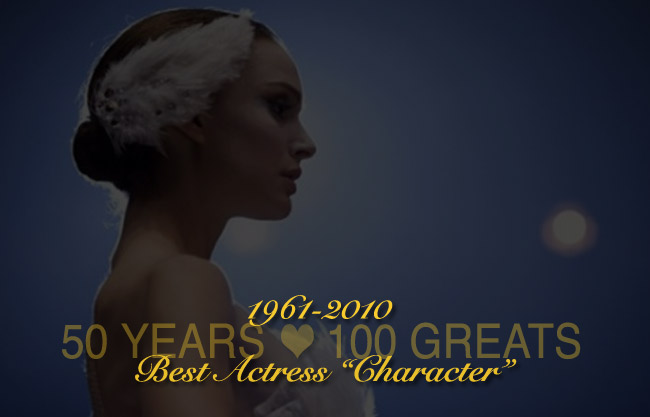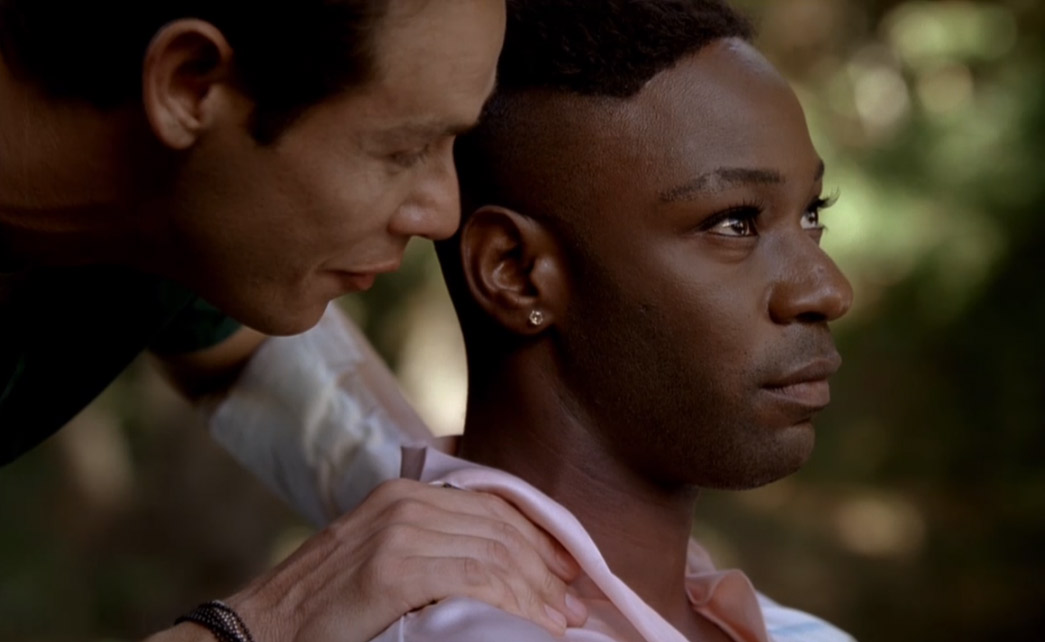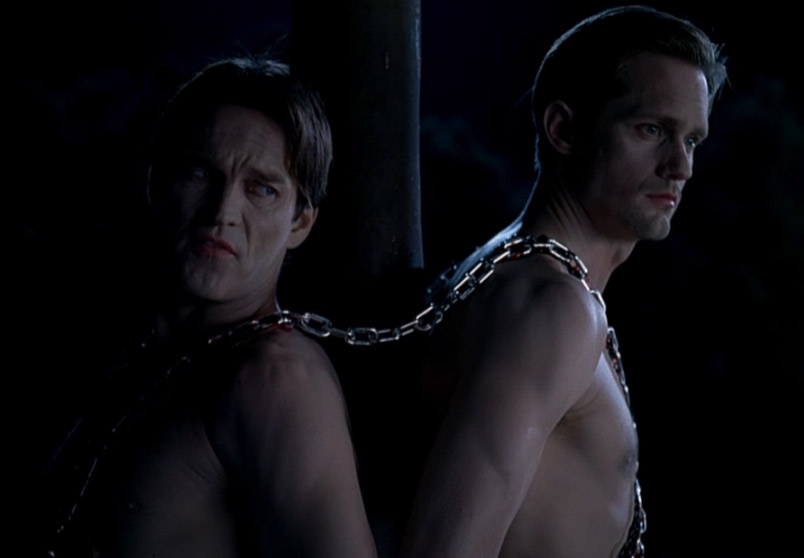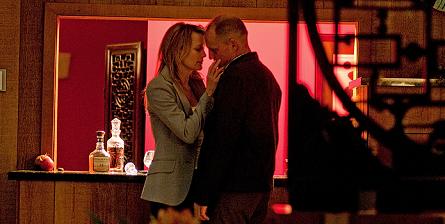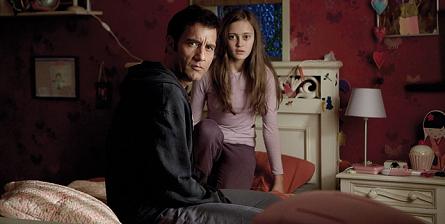Links: Funny Girl's Man, SJP's Moves, Shame's Triumph
 Wednesday, September 14, 2011 at 1:56PM
Wednesday, September 14, 2011 at 1:56PM 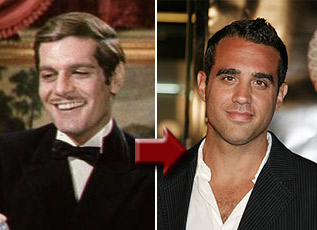 BlogStage Nicky Arnstein Nicky Arnstein what a beautiful beautiful name ♫ Broadway's upcoming revival of Funny Girl has its leading man. Film, tv, and stage actor Bobby Cannavale will star opposite the previously reported Lauren Ambrose (Six Feet Under) who'll be filling those legendary Fanny Brice shoes.
BlogStage Nicky Arnstein Nicky Arnstein what a beautiful beautiful name ♫ Broadway's upcoming revival of Funny Girl has its leading man. Film, tv, and stage actor Bobby Cannavale will star opposite the previously reported Lauren Ambrose (Six Feet Under) who'll be filling those legendary Fanny Brice shoes.
Stale Popcorn Without Sandra Bernhard You Are Nothing!
Movie|Line A Guide to Exactly How Sarah Jessica Parker Does it In Every Chick Flick
In Contention Kris Tapley and team are moving to HitFix. Go and congratulate them.
Popbytes Anderson Cooper goes tanning. Noooo. Pasty forever! (although it's funny that they paint muscles on. I didn't know this!)
IndieWire Steve McQueen's Shame is leading the critical assessment of TIFF's abundant selection of films.
IndieWire interviews Glenn Close and Janet McTeer on Albert Nobbs
Finally, this comic from PHD Comics goes out to all of my friends and maybe some of you readers still struggling through projects in the weird and wonderful world of Academia.
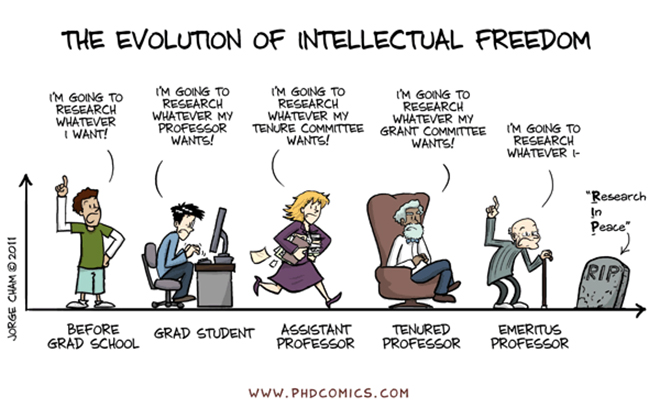
Whenever I want to dive into some totally obscure film topic and spend 100s of hours writing an article only 10 people would ever want to read or realize that my own personal obsessions are just not mainstream enough for the enormous success I'd definitely enjoy, I think of all of you. Whenever I remember that time an editor looked at me like I was insane when I pitched a Norma Shearer book ("do you want more than 500 people to read it?") I think of you. Keep your head up. Research the hell out of whatever it is you're researching. Write the hell out of it.




